Black Belt Digital Marketing Course 2023: Part Two
Black Belt Digital Marketing Course 2023: Part Two
Table of Contents
The digital marketing course will focus on helping participants develop and enhance their skills in the various aspects of digital marketing. It will provide a comprehensive overview of the different strategies, tactics, and tools available for creating and managing effective digital marketing campaigns. Participants will be able to learn the basics of search engine optimization (SEO), online advertising, content marketing, social media marketing, email marketing, and web analytics.
The course also offers training on how to create effective landing pages and use pay-per-click advertising to promote products or services. Additionally, participants will gain an understanding of how to measure success using performance metrics such as click-through rates and conversion rates. Upon completion of the course, participants should be equipped with the knowledge they need to develop and manage effective digital marketing campaigns.
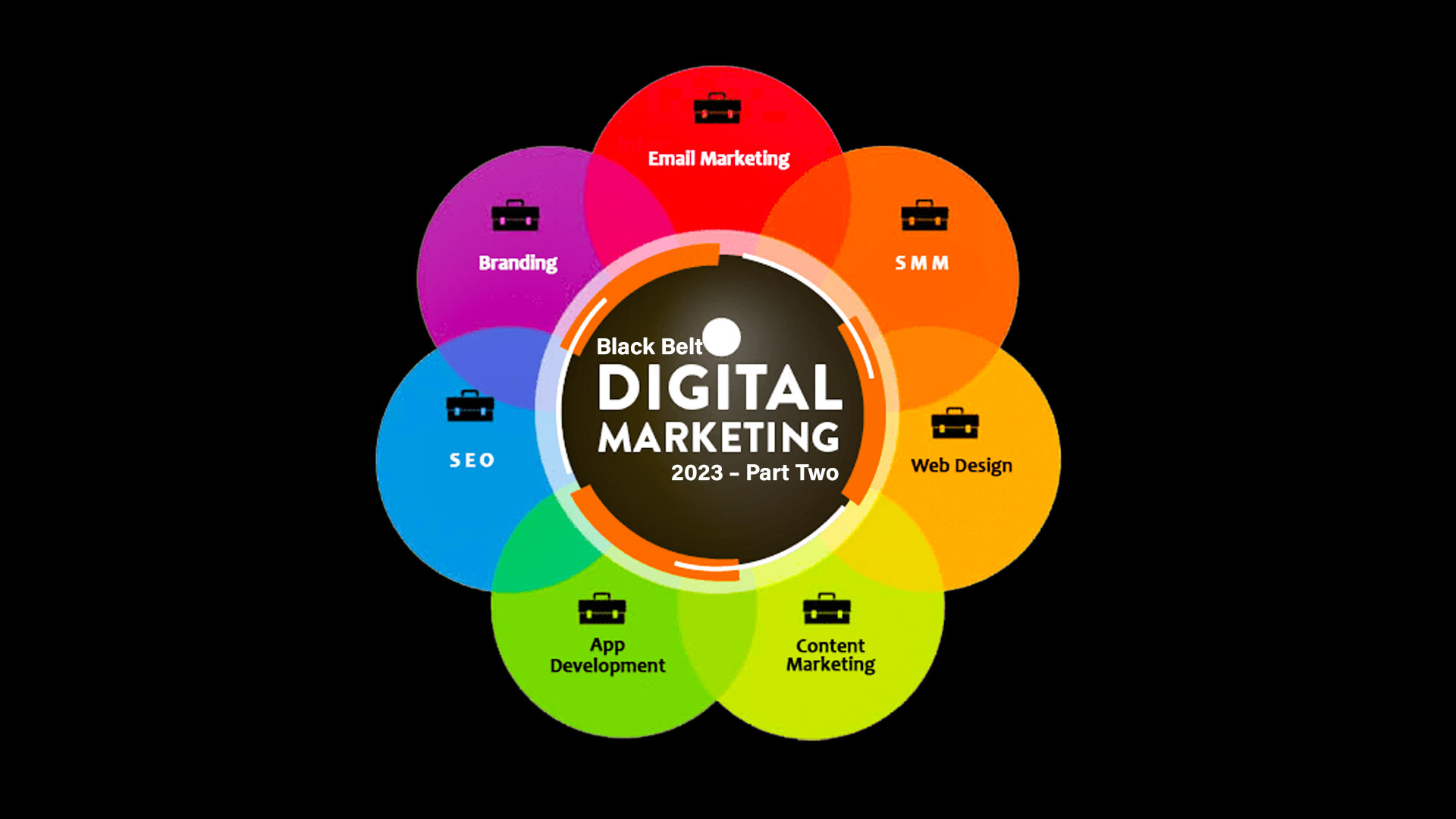
Digital Marketing Strategies
Digital marketing is a term used to describe the promotion of products, services, and brands through different types of digital media channels. It involves leveraging various online platforms such as search engines, websites, social media, email, and other digital technologies.
Digital marketing attempts to reach target audiences in the most cost-effective way possible by utilizing tactics such as content marketing, influencer marketing, search engine optimization (SEO), pay-per-click (PPC) advertising, display advertising and more. With an ever-evolving array of resources available to marketers today — from artificial intelligence (AI) to automation — digital marketing can be used to create targeted campaigns that drive real results.
By understanding how each digital channel works together, brands have the ability to craft customized strategies that reach their goals and objectives in the most cost-effective way. Digital marketing can help businesses increase brand awareness, build relationships with consumers, generate leads and boost sales.
By leveraging various channels to create a comprehensive digital marketing strategy, brands have the opportunity to get ahead of the competition and stand out from the crowd.
Here are a few essential strategies for any digital marketing campaign:
Content Marketing: Content marketing is an important part of any digital marketing strategy, and involves creating and sharing content that educates, entertains, and inspires potential customers. This can be in the form of blog posts, videos, infographics, and other types of media. The goal is to establish trust with your target audience and build brand awareness.
Social Media Marketing: Social media is a powerful tool for connecting with potential customers and spreading your brand’s message. Platforms like Facebook, Twitter, Instagram, YouTube, and LinkedIn allow businesses to share content directly with their followers. Companies should use social media as a way to gain insights into their customer base by monitoring conversations and engaging in discussions with their audience.
Search Engine Optimization (SEO): SEO is the practice of optimizing website content and structure to get better rankings in search engine results pages. By focusing on keywords that are relevant to your business, you can increase your visibility in search engines and improve conversions. This can be done through optimizing your website, using meta tags, creating internal links, and developing backlinks from other websites.
Pay-Per-Click Advertising (PPC): PPC is a form of advertising where businesses pay for each click that their ads receive on search engine results pages or other websites. This method allows companies to target specific audiences with ads and reach interested leads more quickly than with organic search methods. With PPC campaigns, businesses can set their own budget and have full control over their campaigns.
Email Marketing: Email marketing is a great way to stay connected with existing customers and reach out to potential ones. Businesses can send out newsletters, promotions, updates, or other communications through email, targeting specific customer segments based on their interests and preferences. This helps strengthen relationships with customers and build trust, which leads to more conversions down the line.
Affiliate Marketing: Affiliate marketing is a type of performance-based marketing where a business rewards affiliates for each customer they bring in. This form of digital marketing can be used to reach different customer segments and grow your audience quickly. Businesses must carefully select the right partners and create an incentive structure that motivates affiliates to promote their products or services.
Conversion Rate Optimization (CRO): CRO is the process of optimizing website design, content, and user experience to increase conversions from visitors into leads or customers. By testing different elements on your site, such as page layout, calls-to-action, headline copy, etc., you can determine what works best for your particular audience and improve the effectiveness of your website.
Mobile Marketing: Mobile marketing involves creating and optimizing content specifically for mobile devices, such as smartphones and tablets. This is important because more and more people are using their phones to access the internet, and businesses should be prepared to meet this demand by developing websites that are optimized for mobile users. Additionally, companies can use SMS campaigns or apps to reach customers on their phones directly.
Local SEO: Local SEO focuses on improving a business’s visibility in local search results pages by optimizing their website, working with local directories, and targeting local keywords associated with their services or products. For example, if you own a restaurant in San Francisco, then you would want to target customers searching “restaurants in San Francisco.” Local SEO helps businesses reach their target audience more effectively and increase their visibility in the local community.
Content Marketing: Content marketing is the practice of creating, curating, and promoting content to engage existing customers and attract new leads. Companies should focus on creating content that is relevant to their target audience and provides value to them, such as blog posts, videos, infographics, ebooks, etc. By producing quality content on a regular basis, businesses can create valuable relationships with customers and establish themselves as thought leaders in their industry.
All of these strategies are essential tools for any digital marketing campaign. By utilizing best practices from each one of them, companies can create an effective online presence that will help them reach their target audience and achieve their goals. By combining all of these tactics, businesses can create an effective digital marketing strategy that will be successful in the long run.
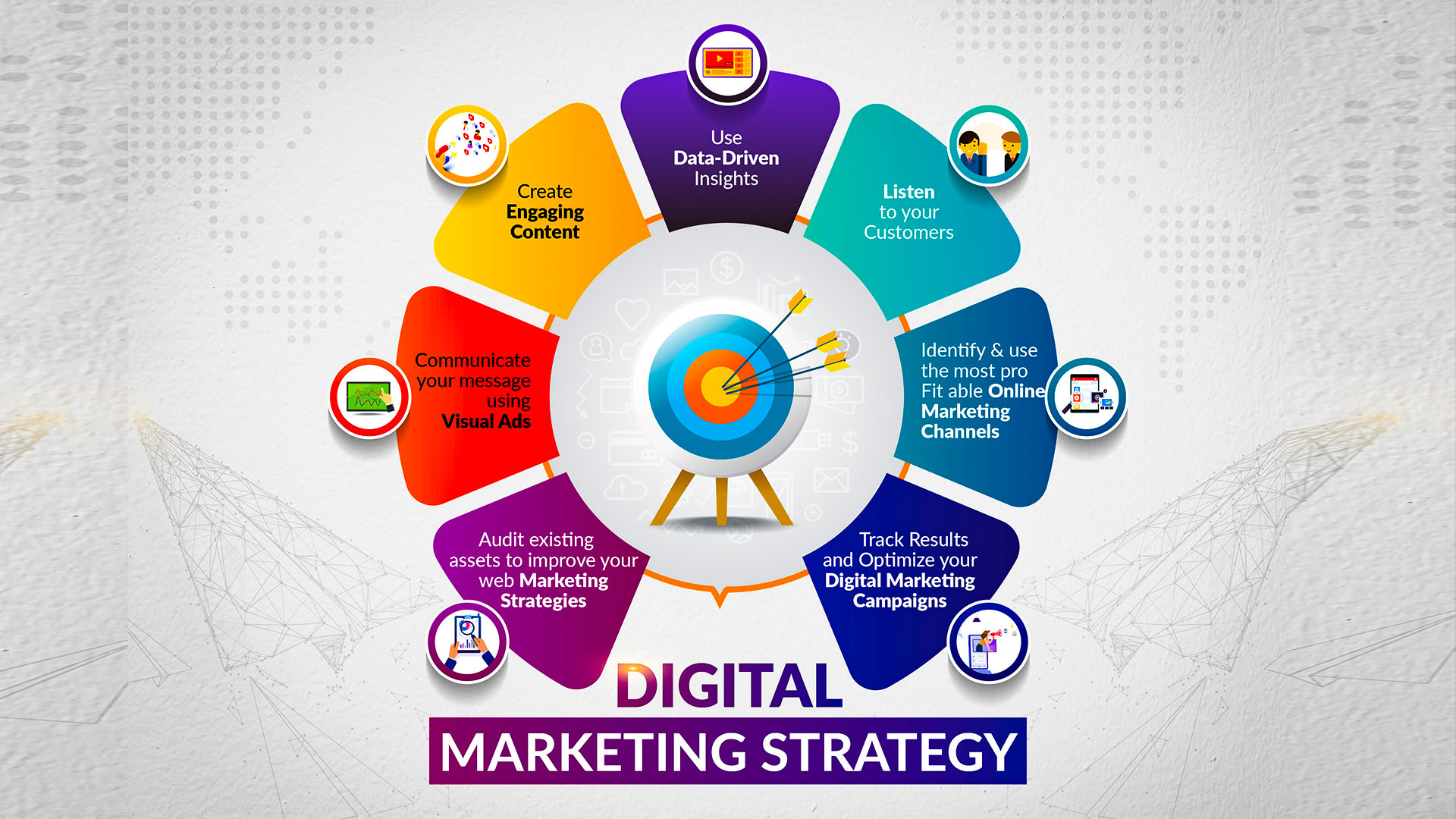
Digital Marketing Best Practices
Digital marketing best practices involve leveraging technology to create, target, and measure campaigns across channels. They also involve be understanding customers’ needs and preferences as well as being creative in developing content that engages and resonates with them.
When it comes to digital marketing tactics, there are several key areas of focus:
Content Strategy – Developing a content strategy that is engaging, relevant, and consistent with the brand’s overall messaging will help ensure successful campaigns. This includes curating content from both internal sources, such as blogs, and external sources, like influencers or industry experts.
SEO & SEM – Optimizing your website and leveraging search engine optimization (SEO) & search engine marketing (SEM) techniques can help to increase website traffic and visibility. It can also help to gain more qualified leads and conversions by understanding user intent when searching for particular products or services.
Social Media – Engaging with customers on social media is an essential part of digital marketing best practices. Creating a presence on platforms like Facebook, Twitter and Instagram allow businesses to quickly build relationships, answer customer inquiries in real time, and get feedback on products or services they offer.
Email Marketing – Using email marketing allows companies to segment their list based on interests, demographics or engagement level which enables them to target the right people with tailored content that will drive conversions.
By following these digital marketing best practices, companies can maximize their ROI while ensuring successful campaigns. Staying ahead of the competition is essential for businesses and these tactics can help them do just that.
Moreover, companies should invest in analytics tools to track their progress and measure the success of their campaigns. Using data collected from these tools can also help inform future decisions and strategies. With a comprehensive digital marketing plan tailored to your business’s goals and objectives, you can stay ahead of the curve and increase conversions in no time.
Digital marketing best practices involve staying up-to-date with current trends and technologies, understanding customers’ needs and preferences, leveraging technology to create effective campaigns across channels, creating engaging content that resonates with customers, optimizing websites for SEO & SEM purposes, engaging with customers on social media, and leveraging email marketing to target customers with tailored content. By following these best practices and investing in analytics tools to measure progress, businesses can ensure successful campaigns that maximize ROI.
With the right strategy in place, your business will be well-positioned for success in today’s digital landscape.
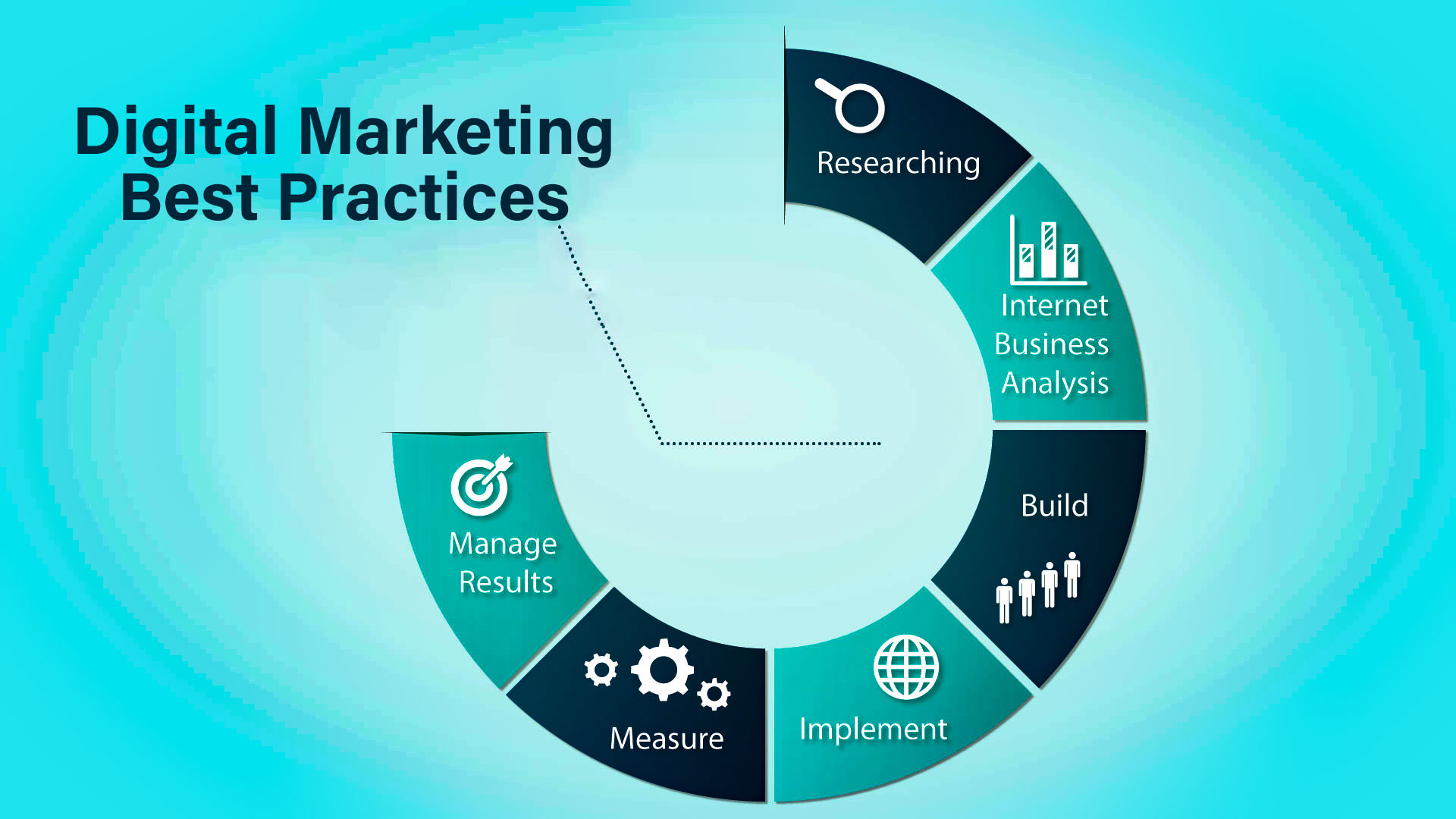
Creating Effective Digital Campaigns
Creating a successful digital campaign requires careful planning, strategy, and implementation. Once the objectives of the campaign have been established, it is important to identify your target audience and create content that speaks to them. It should be tailored for each platform and optimized for search engine visibility so it can reach more people. Additionally, A/B testing can help you gauge which type of content resonates best with customers and refine your campaigns accordingly.
Ultimately, creating effective digital campaigns is not an easy undertaking. It requires patience, dedication, and a willingness to be flexible in order to ensure success. However, with the right strategy, targeted messaging, and compelling content – organizations can reap substantial rewards from their investments in digital marketing. By staying on top of market trends, understanding customer needs, and optimizing content for maximum impact – businesses can create powerful campaigns that generate tangible results.
First, it is important to identify the objectives of the campaign and what you hope to achieve. Are you looking to increase website traffic? Drive more sales? Generate leads? Knowing your goals will help focus your efforts and ensure resources are allocated appropriately.
Second, understanding your target customers is critical for success. Researching their demographics, interests, needs, and preferences will help you craft messaging that resonates with them. Additionally, having a clear idea of which channels they’re using (e-mail, search, social media, etc.) will aid in creating an effective campaign.
Third, it is essential to create compelling content that speaks to your target audience and drives them to take action. This could include a combination of videos, articles, infographics, webinars, or any other form of digital media. Content should be tailored to each platform and optimized for search engine visibility. Additionally, A/B testing can help you determine what type of content is performing best with your target customers and refine your campaigns accordingly.
Finally, measuring the success of the campaign is important for understanding what works and what doesn’t work for future efforts. Keeping track of key metrics such as website traffic, conversion rates, and click-throughs can provide valuable insights and should be monitored closely.
Ultimately it is important to remember that creating successful digital campaigns takes time, effort, and commitment. However, with the right approach and planning, organizations can reap substantial rewards from their investments in digital marketing. By staying on top of market trends, understanding customer needs, and optimizing content for maximum impact – businesses can create powerful campaigns that generate tangible results.
By following these steps, you can create an effective digital campaign that will help you reach your desired outcomes. With a well-thought-out strategy, targeted messaging, and compelling content, you’ll be on your way to achieving impressive results.

Part Three: 2023 Black Belt Digital Marketing Course
In part three of our blog series, we will explore how to manage effective digital campaigns and measure success using digital channels. We’ll cover topics such as understanding the customer journey, segmenting customers into target groups, setting clear goals and objectives for each campaign, tracking performance metrics such as clicks and conversions, developing content that resonates with your audience, and optimizing campaigns for maximum ROI.
Additionally, we will discuss ways to analyze customer behavior in order to gain valuable insight into their preferences and buying habits. Finally, we will outline best practices for integrating digital marketing efforts with traditional marketing tactics in order to create a holistic approach to marketing strategy. With this knowledge in hand, you can take your digital campaigns to the next level!
About Montfichet & Company
Our team of experts at Montfichet & Company – Atlanta can not only build your business website, but we can manage the process while allowing you to work in your business. We provide Industry research & market analysis to provide efficient content for the Website. We also partner with our sister company, The Trusted Automation, to help business owners or aspiring business owners and innovators obtain the training need to push to deliver exceptional results.
If you found this article beneficial, feel free to leave a comment below. We are located at 3343 Peachtree Road Ste. 180-581 in Atlanta, Georgia. You can also email our team of experts directly at Atlanta@montfichet.com or contact us at 404-900-9814 for more information.


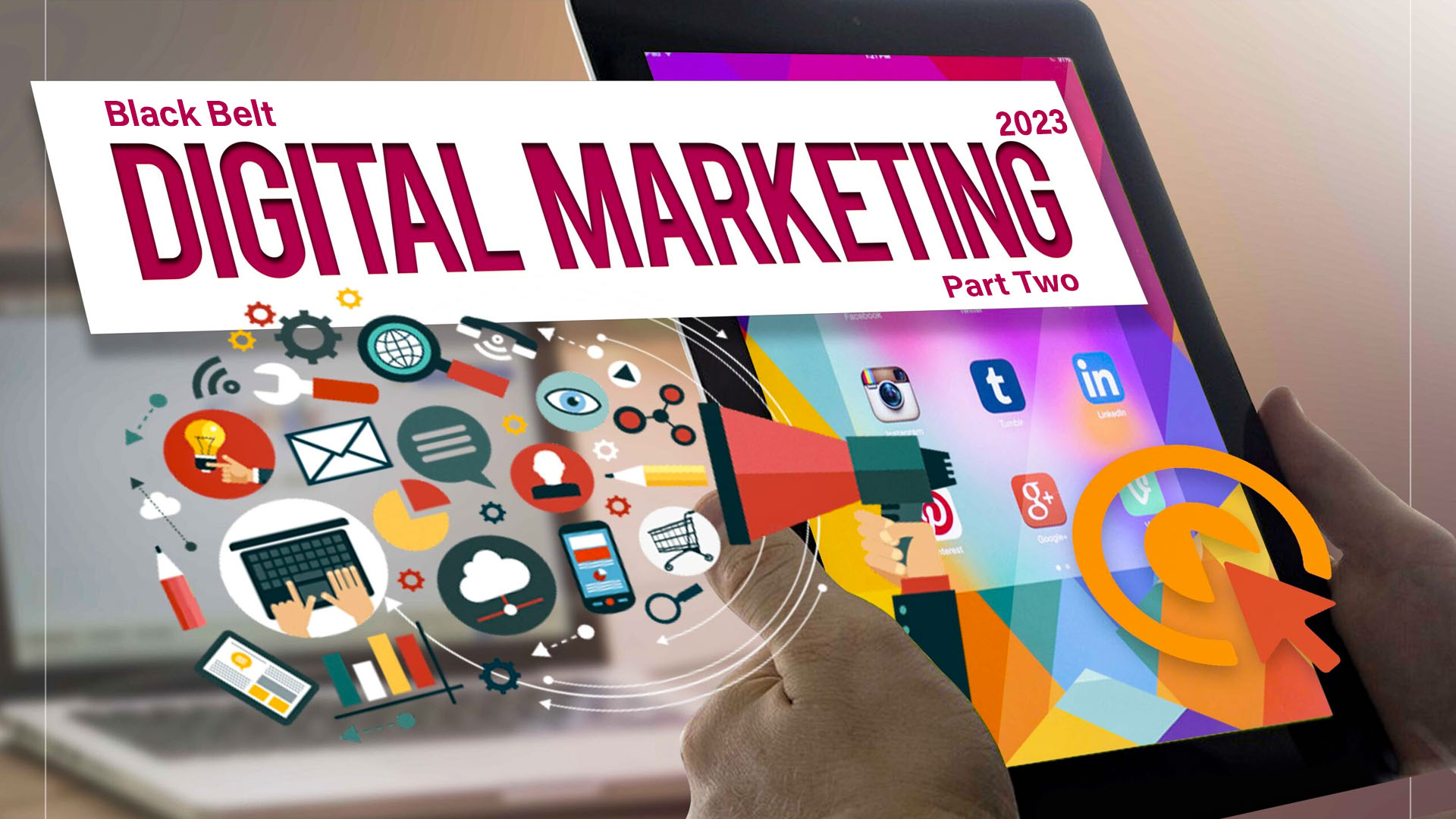




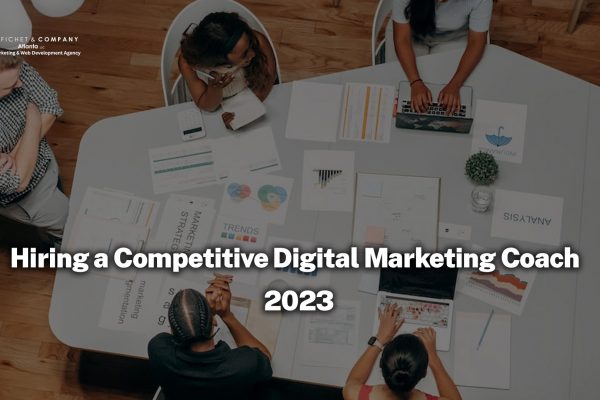

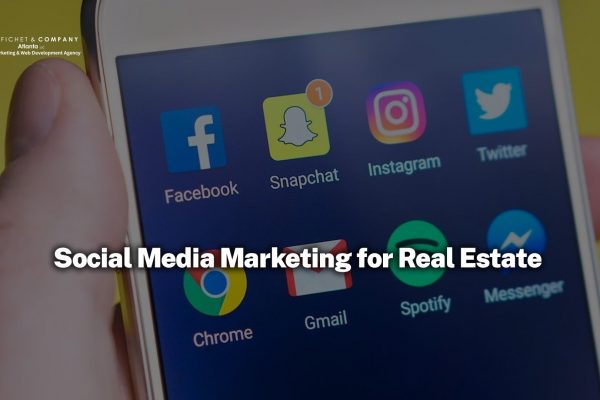

Pingback: Why Do I Need a Digital Marketing Trainer 2023 - Atlanta Web Design | Full Service Marketing Agency